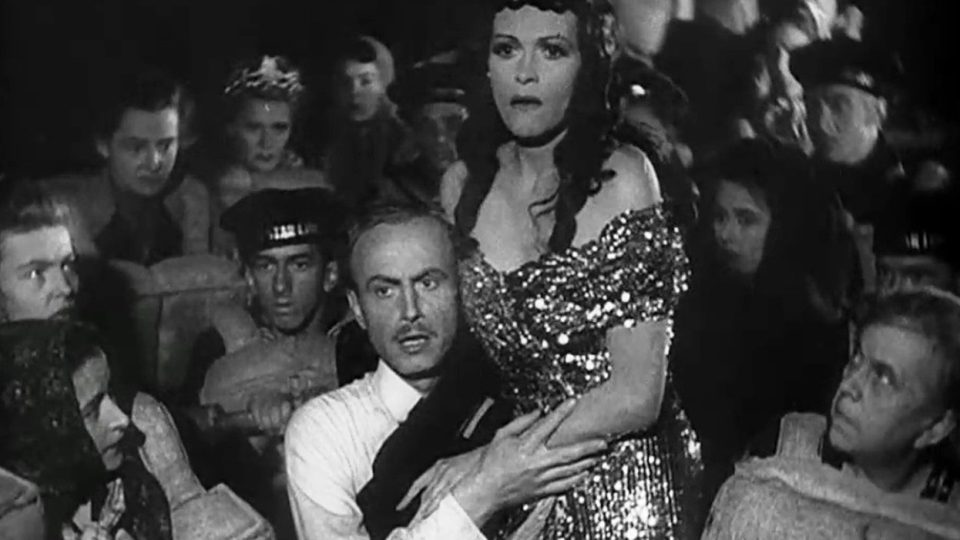
The screening of the 1943 German film Titanic by Herbert Selpin and Werner Klingler is introduced by the presentation of the film critic Giuseppe Ghigi. In the night between 14 and 15 April 1912, a tragedy took place that profoundly marked an era: the sinking of the Titanic. The tragedy was immediately exploited by cinema for commercial purposes and later also for political reasons: Joseph Goebbels, with Germany’s entry into the war against Great Britain, asked Tobis Filmkunst to make an anti-British propaganda film. The manufacturer chose to use the disaster to indicate the cynicism, greed and cowardice of the enemies, arguing that the shipwreck was caused by the ship’s owners’ thirst for profit. The Nazi Titanic was initially directed by Herbert Selpin, who was not satisfied with shooting on reconstructed sets or with models: Goebbels procured the Cap Arcona ocean liner for Tobis, built with great luxury in 1927 to emulate the Titanic. His fate will be even more tragic: in May 1945, the ship was loaded with Jews from the Neuengamme extermination camp and prisoners of war and sent off to be hit by enemy planes. So it happened: the few survivors of the shipwreck, arrived on land were machine-gunned by the SS and no one survived. Following heavy disagreements between Selpin and the regime (the director was later arrested and “committed suicide” in prison), the direction was entrusted to Werner Klingler who finished filming in October 1942. When Goebbels saw the final print he realized that it had been a mistake to produce the film: a captain who leads his ship to sink was a story that could generate dangerous similarities in the audience with Germany (the ship) and Hitler (the captain). . It blocked the release of Titanic, which had only a few isolated screenings. But the story of the Nazi Titanic didn’t end with the end of the Third Reich. In 1950, the film was shown in East Berlin with Soviet approval: it had become an anti-British and anti-capitalist propaganda tool. Eight years after its construction, Selpin-Klinger’s Titanic was thus seen for the first time by the German public. Anti-melodramatic and highly political, the film remains the most interesting version of the shipwreck of the century.